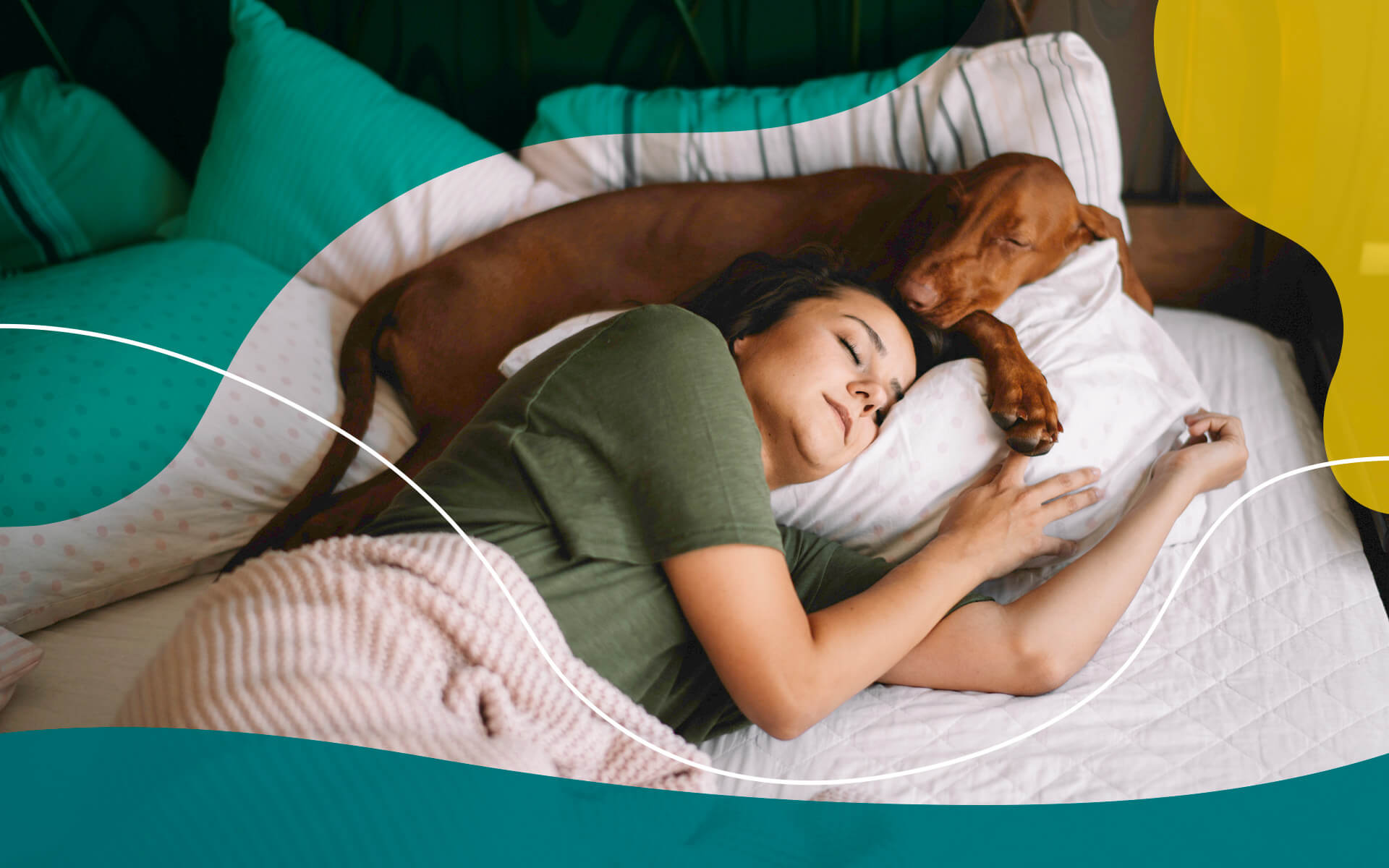
Body + Mind is reader-supported. We may earn an affiliate commission when you buy through some of the links on our site.
If you don’t sleep enough, you’re not alone. In fact, every year, people continue to sleep less and less as a result of long work hours and potential health issues. Therefore, it’s essential to prioritize sleep like we do food and water. After all, it’s a necessity!
What is sleep hygiene, and how can it help? Take a look.
We can define “healthy sleep” as habits that influence our physical and mental health positively. Consequently, an effort to maintain a balanced diet and consistent bedtime count as healthy sleep. When you practice sleep hygiene, you make healthy sleep choices.
For example, consider how and why we brush our teeth. We’re supposed to do so twice a day to achieve strong teeth and gums. If we refuse to follow those practices, we can experience pain – and many trips to the dentist.
We should think about sleep hygiene similarly. If we adopt healthy sleep functions, our sleep hygiene should improve. How do you transition to positive sleep hygiene practices? It takes a little effort, but it’s possible and worthwhile.
There are several ways to implement sleep hygiene initiatives.
It’s crucial to note that sleep isn’t one-size-fits-all – every person’s body and mind differ. Most experts suggest eight to 10 hours for teenagers and seven to nine hours for young adults and adults. That said, certain health limitations may impact your needs.
If you don’t feel like you sleep enough due to specific needs, talk to your doctor. Otherwise, try to pinpoint moments when you sleep well. How long did that rest happen? Then, you’ll know what your body needs specifically.
A pre-determined sleep schedule makes a considerable difference. Every day, set an alarm for bedtime, as well as when you should wake up. Then, establish a consistent routine. For instance, you could change into pajamas and listen to peaceful music before bed.
Soon enough, your body should equate those specific times and actions with sleep. Eventually, you may not even need an alert!
Sometimes, you eat dinner until 8 or 9 p.m. As long as you stay away from calorie-dense snacks, you should be fine. Those foods can cause acid reflux issues, which make it more difficult to fall asleep soundly. Of course, you shouldn’t avoid meals when you’re hungry, but it’s best to choose smaller, healthier bites.
If you do need to eat, try bananas, almonds or certain herbal teas, which can regulate your body’s melatonin production.
No one likes to sleep when it’s too bright or loud outside! It’s essential to create a serene sleep environment so that you can rest comfortably.
Make sure that your pillows and mattress are as firm or soft as you prefer. For the most part, a bedroom shouldn’t be too hot or cold, so aim for an intermediate temperature. If you can see streetlights through your windows, install blackout curtains.
You could also try a noise machine if you enjoy peaceful noises, like wind or rainfall.
Certain stimulants and depressants can affect your sleep pattern. Nicotine and caffeine may keep you awake, so it’s essential to limit your consumption of those substances at least four hours before bedtime. That said, caffeine impacts individuals differently, so you could try a more lenient approach.
It takes a while for our bodies to process alcohol, so when you consume a beer and try to rest, you’ll fall asleep quickly – and wake up later on. As a result, it’s best to avoid alcoholic beverages when you want to achieve a satisfying sleep.
What is sleep hygiene? It’s a set of well-established habits that improve your sleep altogether. Use some of these ideas to increase your sleep hygiene – and enjoy a better night’s rest.